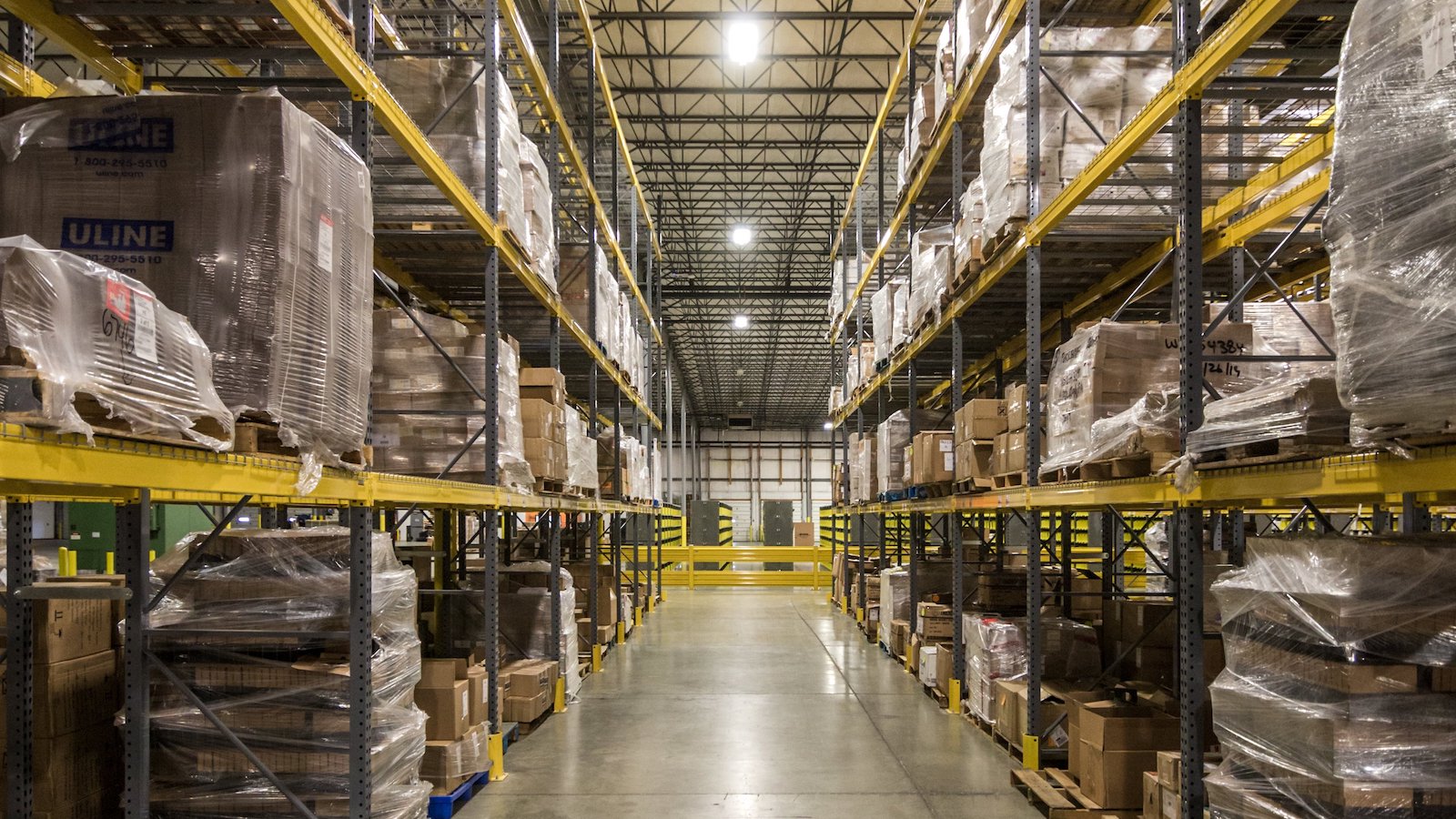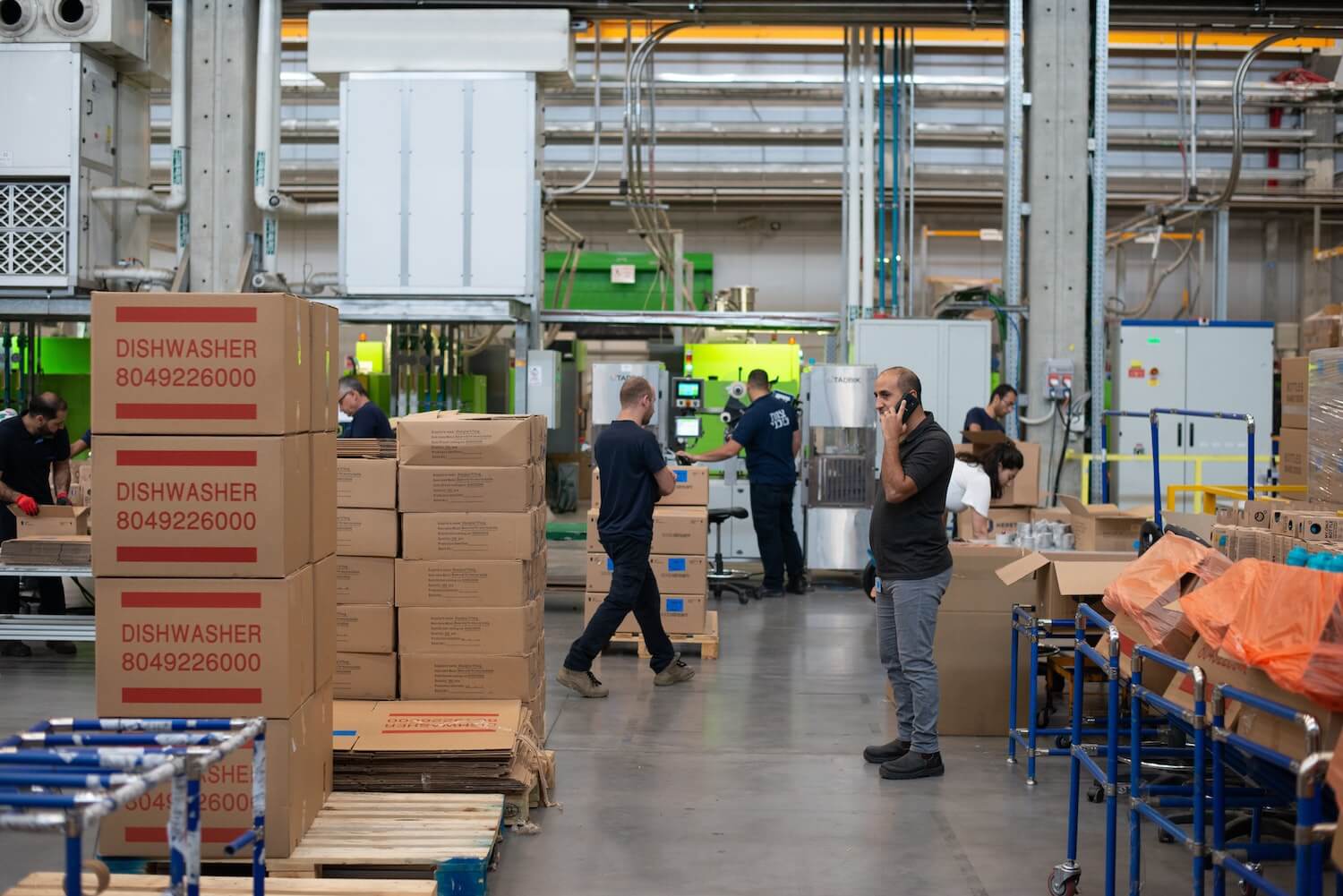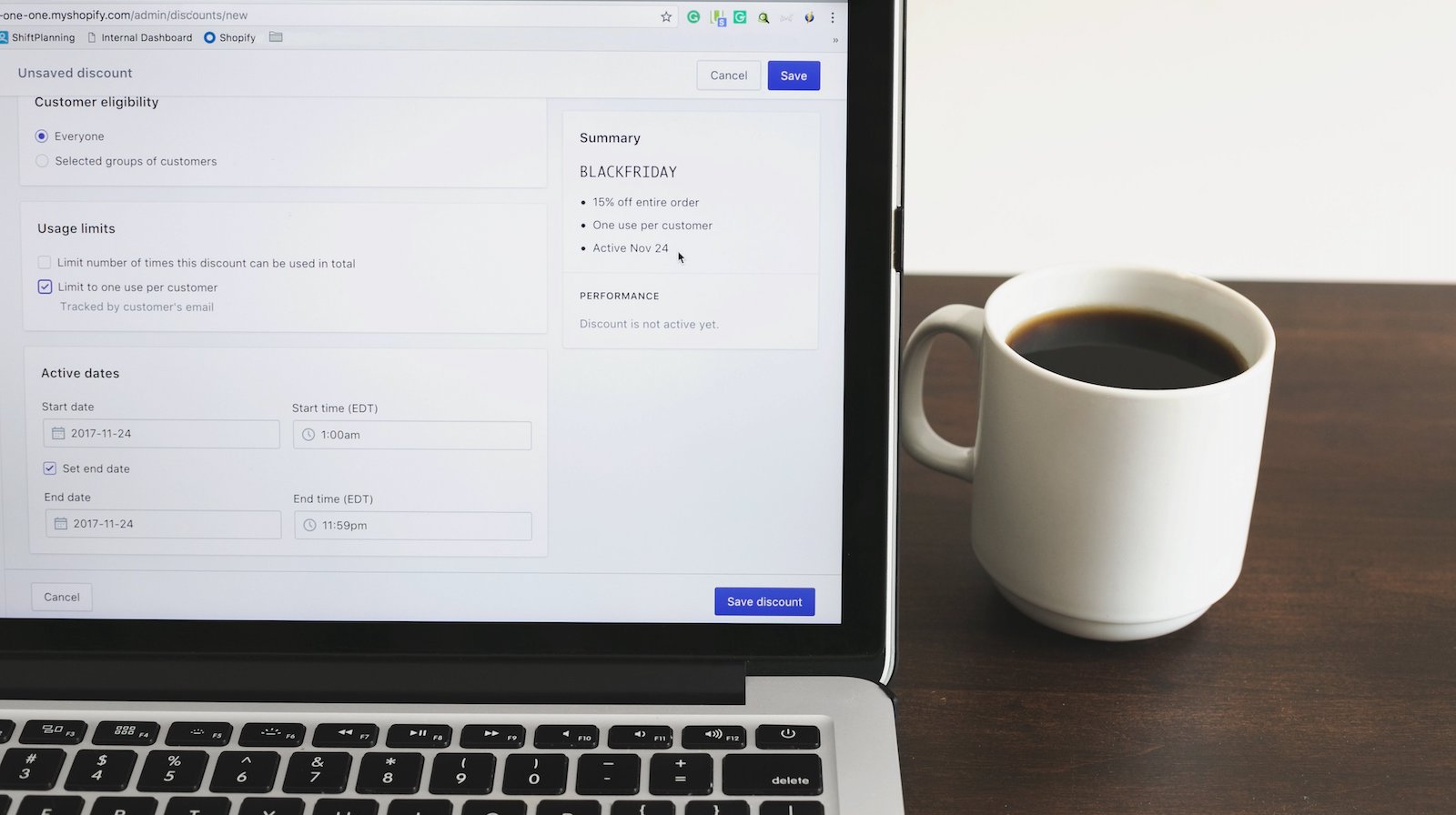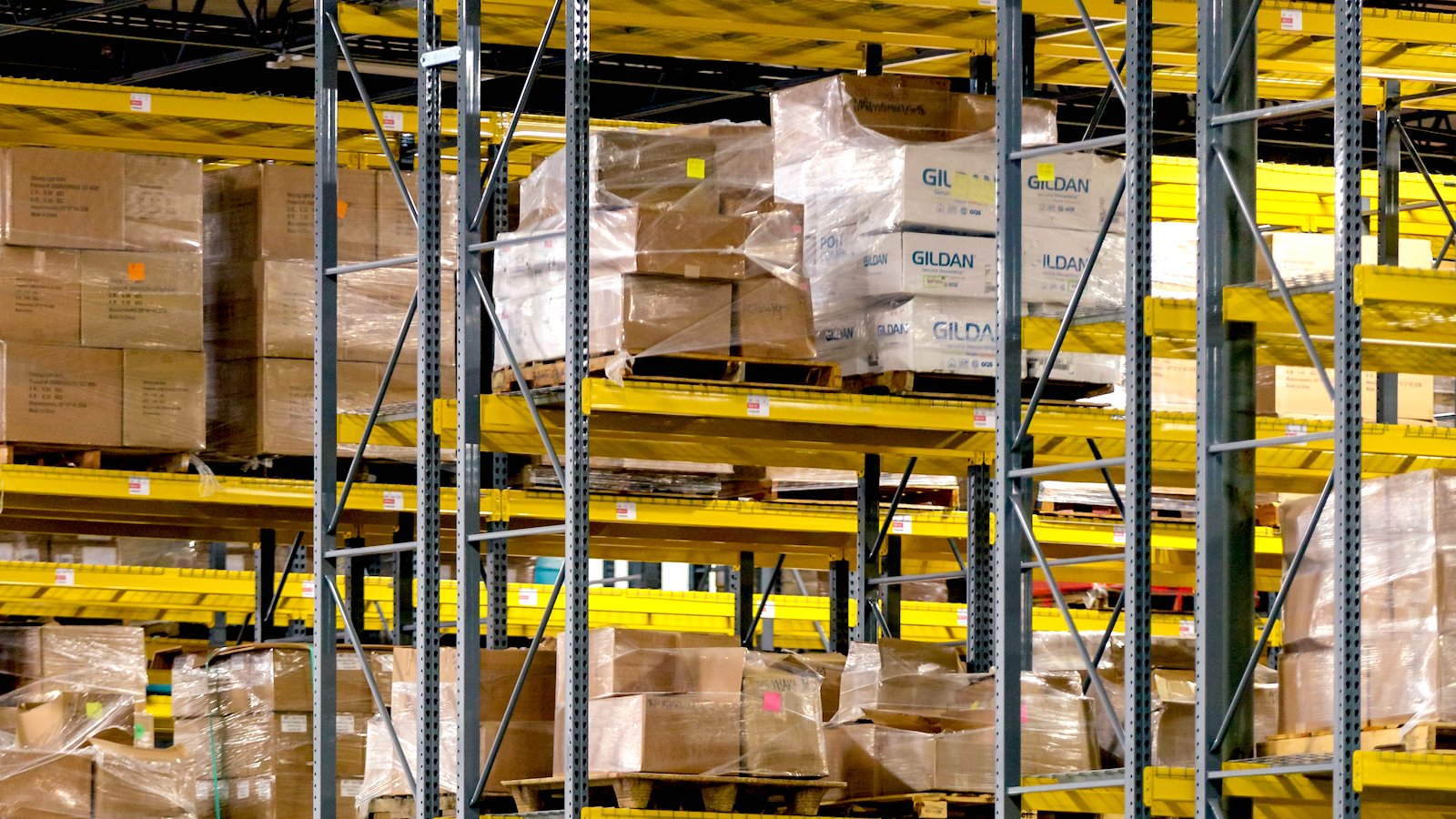Table of Contents
** Minutes
What are customs bonded warehouses?
Why companies use bonded warehousing
Keeping costs low when selling internationally
When a 3PL makes more sense than bonded warehousing
When scaling their business, many fast-growing DTC brands may consider exploring international waters. An international expansion presents plenty of exciting opportunities along with challenges to match. For starters, you’ll have to come up with a viable way to store your inventory so that your margins are high while your risks remain low.
Bonded warehousing could be the perfect solution to this challenge. In this post, we explore the option in-depth by explaining what customs bonded warehouses are, how they work, and why they make sense.
What are customs bonded warehouses?
Customs bonded warehouses are places where goods are stored before they are processed by customs. These goods are held in the warehouse until inspections are completed and the importer or customer pays the necessary duties. There are different types of customs bonded warehouses – from ones that are run by the state to ones that are privately owned and operated.
What are bonded goods?
Bonded goods are items that are imported and held in a customs bonded warehouse pending payment of necessary duties, taxes, and other charges. Also called bonded cargo, these goods can either be finished products that are ready to sell to the customer or production inventory that needs to undergo manufacturing before it is released.
How bonded warehousing works
If you’re planning to use customs bonded warehouses for your ecommerce business, you’ll want to know how the whole bonded warehousing process works.
Goods are imported to a bonded warehouse
Goods are received into the warehouse, where the liability is incurred by the warehouse proprietor and importer under a warehouse bond. At this time, all the necessary duties, taxes, and customs charges are deferred until the goods are ready to leave the warehouse.
Goods are stored, manipulated, or undergo manufacturing operations
The goods are then stored appropriately, sometimes using specialized storage services. This can include bulk liquid storage or deep freeze depending on the type of goods.
While they’re stored in the warehouse, bonded goods may be sorted, repacked, cleaned or manipulated through other processes under the supervision of a customs authority. In the case of bonded raw materials, they may undergo manufacturing operations while the duties are still deferred.
Orders are fulfiled to customers or sent to next destination
After manipulation, the goods are sent to the next destination or fulfiled to the customer. Many bonded warehouses are also fulfilment centres, meaning that they offer their own staff for picking, packing, and shipping. They take care of the order fulfilment process, ensuring that the goods reach the end user.
Duties, fees, & taxes are paid upon release
The goods can be withdrawn for consumption once all the necessary import duties and taxes have been paid. With bonded warehousing, these fees don’t need to be paid unless the goods are withdrawn for consumption i.e. distributed to customers. This is the biggest difference with non-bonded warehouses, where you have to take care of duties and inspections immediately.
Why companies use bonded warehousing
Companies may choose to use bonded warehousing for a number of reasons.
Importing large quantities of goods from foreign countries is expensive
When you’re importing a large number of goods from a foreign country, the cost can be considerable with added duties and taxes on top of the cost of goods and transport. Instead of paying it all at once, bonded warehouses give retailers the flexibility to control when they pay by releasing the inventory as desired. This significantly reduces the cost to import large quantities of goods for your ecommerce business.
Utilising local fulfilment & shipping vendors for international commerce
An added perk of many bonded warehouses is the in-house fulfilment services they offer. Many brands find this attractive as they can store goods in foreign countries in different bonded warehouses and not pay import duties until a product is purchased and shipped out from the warehouse. This simplifies international ecommerce selling as you don’t have to worry separately about import, storage, and fulfilment.
Needing longer-term storage solutions
Another big benefit is the duration of time goods can be stored. In the U.S, bonded warehouses can store items for up to 5 years without paying duties. This addresses your long-term warehousing needs while minimising the need for travel.
Storing restricted goods
Bonded warehouses are often the best solution for storing restricted goods such as alcoholic beverages, animal byproducts, and certain food products. With the extra legal requirements and paperwork involved, importing restricted goods can be complicated.
To add to the complication, there’s a strict timeframe that’s typically given for storing restricted goods before the paperwork is sorted. Customs bonded warehouses are exempt from this deadline, giving retailers more time to sort out the necessary paperwork and permits.
Keeping costs low when selling internationally
Many D2C brands may be deferring from selling internationally, mainly due to the complications, risks, and high costs. Beyond the cost to ship goods, the actual landed cost can be significant in international ecommerce since you have to consider factors like customs and import duties, handling fees, and insurance and compliance charges.
Here are some ways you can keep costs low when selling internationally:
Use bonded warehousing services with fulfilment capabilities
Some bonded warehouses come with fulfilment capabilities, meaning that they offer their own staff for picking, packing, and shipping. This can be a convenient option for ecommerce businesses that want to sell internationally. However, their fulfilment service tends to be slow and basic, and may not live up to the standards you’ve already set for your business.
Shop around for the best shipping courier rates
There’s no single “best” courier for international shipping, so you should shop around for the cheapest option based on your specific needs. But don’t forget that cheapest isn’t always the best, especially when it comes to something as critical as international shipping. Try to find a balance between low-cost and high-quality service as well as experience in shipping the types of goods you want to sell.
Outsource fulfilment to a 3PL with global fulfilment centres
A good alternative to bonded warehouses is outsourcing to a 3PL that can handle global fulfilment. With fulfilment centres located in different countries, the 3PL takes care of the headache involved with international logistics to offer fast and stress-free fulfilment in the countries you’re selling to. This helps you cut costs while ensuring that your global customers get an exceptional experience.
When a 3PL makes more sense than bonded warehousing
For retailers that require efficient international fulfilment, outsourcing to a 3PL can be a better option than bonded warehousing. You may want to consider a 3PL instead of bonded warehousing if any of the following applies to you:
If you’re fulfiling orders in multiple countries
When you’re stringing together multiple independently operated bonded warehouses in different countries, shipping times, order accuracy, and overall capabilities can vary greatly across different regions. As such, managing fulfilment in different countries can lead to a logistical nightmare. On the other hand, a 3PL like ShipBob has fulfilment centres spread across multiple countries that work seamlessly together. This streamlines international fulfilment with consistent services in terms of warehousing, picking and packing, and last-mile delivery.
If you’re concerned about the shipping or fulfilment experience
Although some bonded warehouses have fulfilment capabilities, they only offer basic services. So you can forget about things like custom packaging, advanced order tracking, etc. that make for a standout fulfilment experience.
With the right 3PL, you can deliver a consistent and exceptional fulfilment experience that will add to the overall brand experience. Some 3PLs like ShipBob even offer real-time order tracking and quick issue resolutions to improve customer communication. On top of that, you also get the option to use custom branded packaging to take the unboxing experience to the next level.
If your customers expect fast shipping
As discussed earlier, bonded warehouses that do handle fulfilment usually provide slow delivery experiences. So, good luck guaranteeing 2-day shipping when you leave fulfilment to a bonded warehouse. But with a 3PL like ShipBob, you get fast and affordable international shipping to allow efficient fulfilment even with international orders.
Fulfilment centres strategically located in different countries make it easier to get orders out the door faster, so your customers can get their orders in as early as 2 days.
If you’re looking to keep fulfilment operations streamlined
Bonded warehouses often function as separate services and may only offer storage and basic fulfilment services. That means they won’t provide you with robust inventory management or fulfilment software that will let you manage everything in one place. Moreover, they might not have a way to integrate with the tools you’re currently using for managing your inventory and fulfilment.
This makes it difficult to streamline your fulfilment and logistics operations when you’re using bonded warehousing. As such, some of your ecommerce processes can become disjointed, leaving room for errors and inconsistencies.
Meanwhile, a tech-enabled 3PL like ShipBob offers robust software to manage all your inventory and fulfilment metrics in one place. This allows you to keep track of order fulfilment, forecast demand, manage stock levels, and more. So your logistics operations become more streamlined, allowing different processes to work seamlessly together.
ShipBob: Redefining international fulfilment
With faster delivery and lower costs, ShipBob helps you prepare for a smooth international expansion. Beyond solving your warehousing troubles, outsourcing your international fulfilment to ShipBob handles all the arduous and complicated administrative tasks involved with global shipping. This gives you more time to focus on other important activities such as customer acquisition and retention.
ShipBob also provides discounted shipping rates that will help you save significantly on global shipping costs. You get to enjoy rates that are negotiated for you, which are much lower than what you can get on your own.
“When COVID-19 hit, shipping methods suddenly became more limited and expensive to the point where it would not be feasible to ship through the Australian Post to fans in the United States (costing about 20 USD or 28 Australian dollars per package and getting stuck in transit). With ShipBob, I’m able to offer competitive shipping rates within the US and move more units than I would shipping from Australia with ridiculous postage prices.”
Lee Nania, Founder of SubSubmarine
Moreover, ShipBob has distributed fulfilment centres in multiple countries so you can strategically store your inventory to allow faster deliveries. Orders are automatically shipped out from the location closest to the delivery destination.
ShipBob further streamlines everything with our proprietary technology that allows you to manage all your inventory and fulfilment details in one place. You get real-time updates of transit status, stock levels, and order processing journey using a centralised management system.
Bonded warehousing FAQs
Here are answers to the top questions about bonded warehouses.
Who operates bonded warehouses?
It depends on the type of bonded warehouse. Some bonded warehouses are state-run and are usually made available to anyone who wants to use their services. Others are privately owned and are, therefore, only available to the warehouse administrator. Both types of warehouses require supervision from a customs authority.
How do I get my warehouse bonded?
To get your warehouse bonded, you must submit a written application to the local CBP director. Your application must include information about the premises, location, and other details. It should also be accompanied by other necessary permissions and documents. Check out the CBP website for the full details of what’s needed.
What’s the difference between bonded and non-bonded warehouses?
With non-bonded warehouses, importers need to ensure that all due taxes are paid and inspections are completed immediately. With goods stored in bonded warehouses, duties and taxes can be deferred until the goods have been purchased.
What are the advantages of bonded warehousing?
Bonded warehousing allows retailers to save money when selling internationally as they don’t have to pay duties and taxes in bulk. This significantly lowers the cost of importing large quantities of products. Moreover, bonded warehousing also allows long-term storage solutions that can minimise the need for travel.



